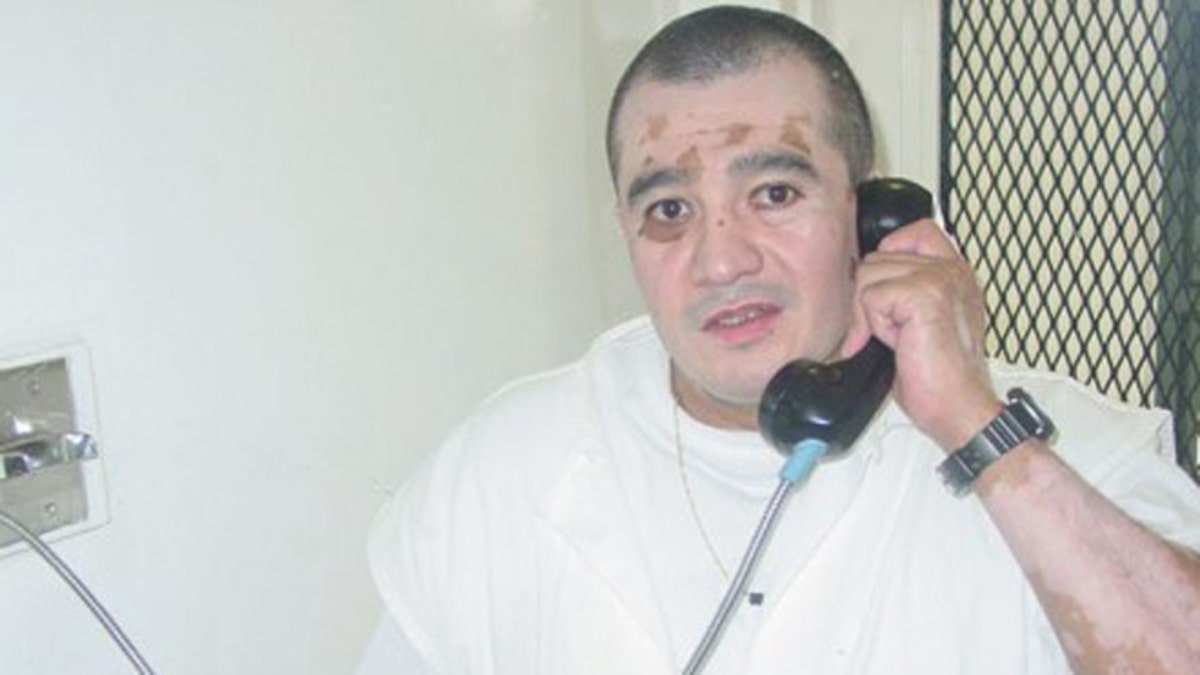
Edgar Tamayo (AP photo)
Attorneys for Edgar Tamayo Arias, a Mexican citizen scheduled to be executed by lethal injection on Wednesday at 6 p.m., are presenting last-minute arguments before the United States District Court for the Western District of Texas.
They are requesting an injunction against the Texas Board of Pardons and Governor Rick Perry to stay his execution until Tamayo’s petition for clemency can be heard by the board.
“We’re making two arguments that have never been considered by the board before,” Northwestern University’s Sandra Babcock, one of Tamayo’s lawyers and a frequent advocate against the death penalty, told Fox News Latino. “Whether the state can execute mentally retarded prisoners is one,” she said, pointing out that his legal team had an expert apply an IQ test and Tamayo scored well below normal.
“The other is the violation of his consular rights,” Babcock added.
The 46-year-old Tamayo is a native of Miacatlán, in the Mexican state of Morelos, who was convicted of the January 1994 murder of Houston police office Guy P. Gaddis.
Tamayo’s case was one of 51 in the U.S. — 14 of them in Texas — that the International Court of Justice, the United Nation’s top judicial body, asked the U.S. to review in 2004 as part of an examination of possible violations of the Vienna Convention.
Tamayo’s attorneys claim, and prosecutors do not contest, that he was never informed that he had the right to contact the Mexican consulate.
Since then, various Mexican officials, including the country’s foreign minister, the governor of Morelos and the country’s ambassador to the U.S., have intervened on his behalf, asking Texas to stay his execution and cooperate with the International Court.
Both the Bush and Obama administrations have pushed for the states to do so as well, but in 2008 the U.S. Supreme Court ruled that without a federal law directing states to act on requests from the International Court they were not compelled to comply.
In December, U.S. Secretary of State John Kerry wrote a letter to Gov. Perry and Texas Attorney General Greg Abbott, saying that the execution could have serious diplomatic repercussions.
“Our consular visits help ensure U.S. citizens detained overseas have access to food and appropriate medical care, if needed, as well as access to legal representation," Kerry wrote.
A handful of Evangelical groups whose missionary workers rely on Vienna Convention protections have also joined the chorus.
But the state has not budged. “Texas is a determined state when it comes to the death penalty,” Babcock said.
Tuesday’s hearing is likely to take most of the day. “Whatever happens,” Babcock said, “there will be an appeal.”
The practice is generally to refrain from executing the prisoner until the court system has issued a final judgment, and the courts usually try to do everything they can before the deadline, which means, Babcock pointed out, “We have had cases that went into the wee hours of the morning.”
And the defense team realizes that the result is likely to go against the condemned man. “It’s an uphill battle,” Babcock said, but pointed out that there is some precedent for hope.
“I filed a similar suit 15 years ago and got a stay of execution,” she told FNL, referring to her efforts on behalf of named Joseph Stanley Faulder, a Canadian on Texas death row in 1999 who similarly had not been advised of his right to a consular advisor.
That stay lasted 30 days. Faulder was executed by Texas on June 17, 1999.
